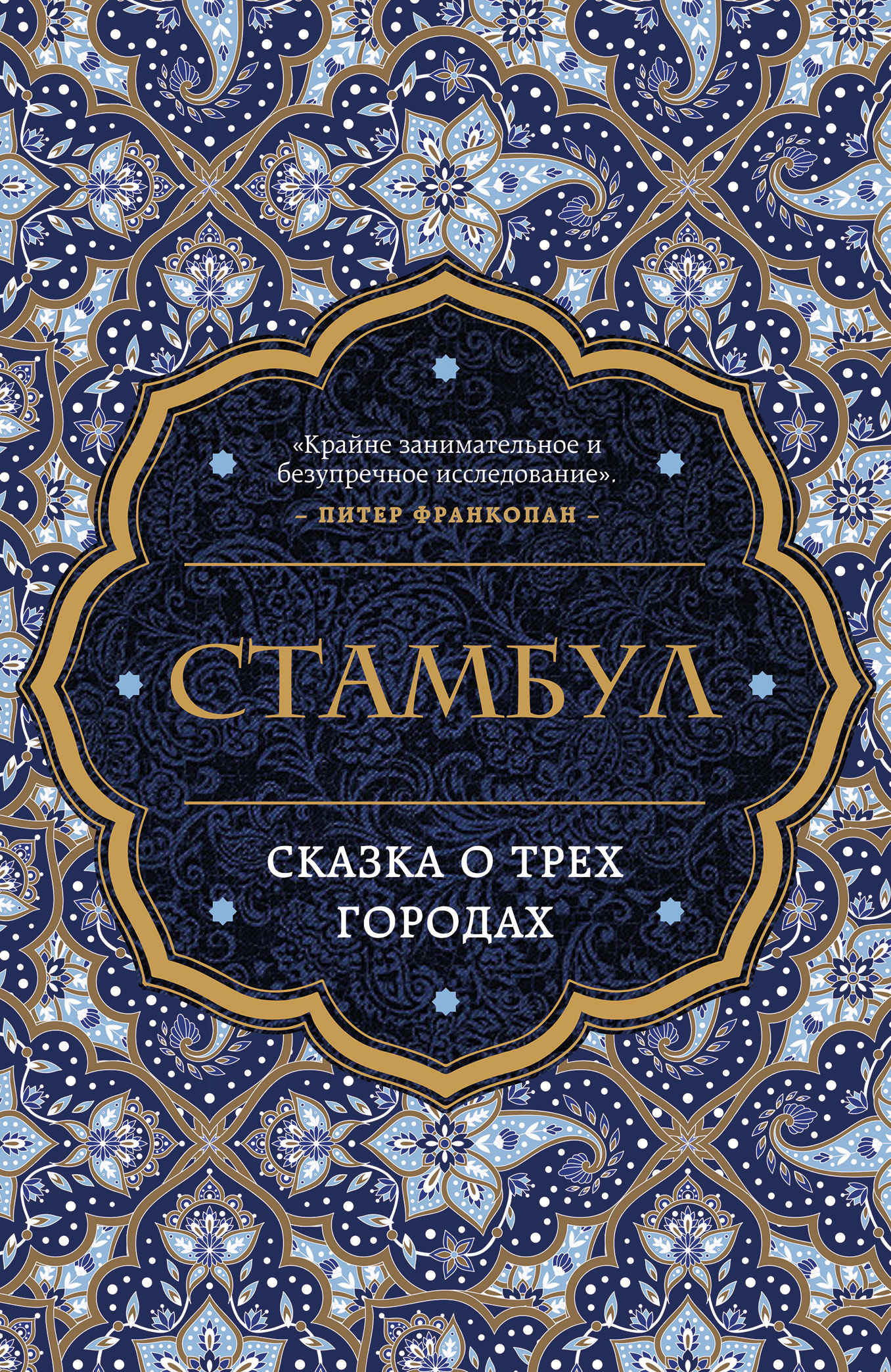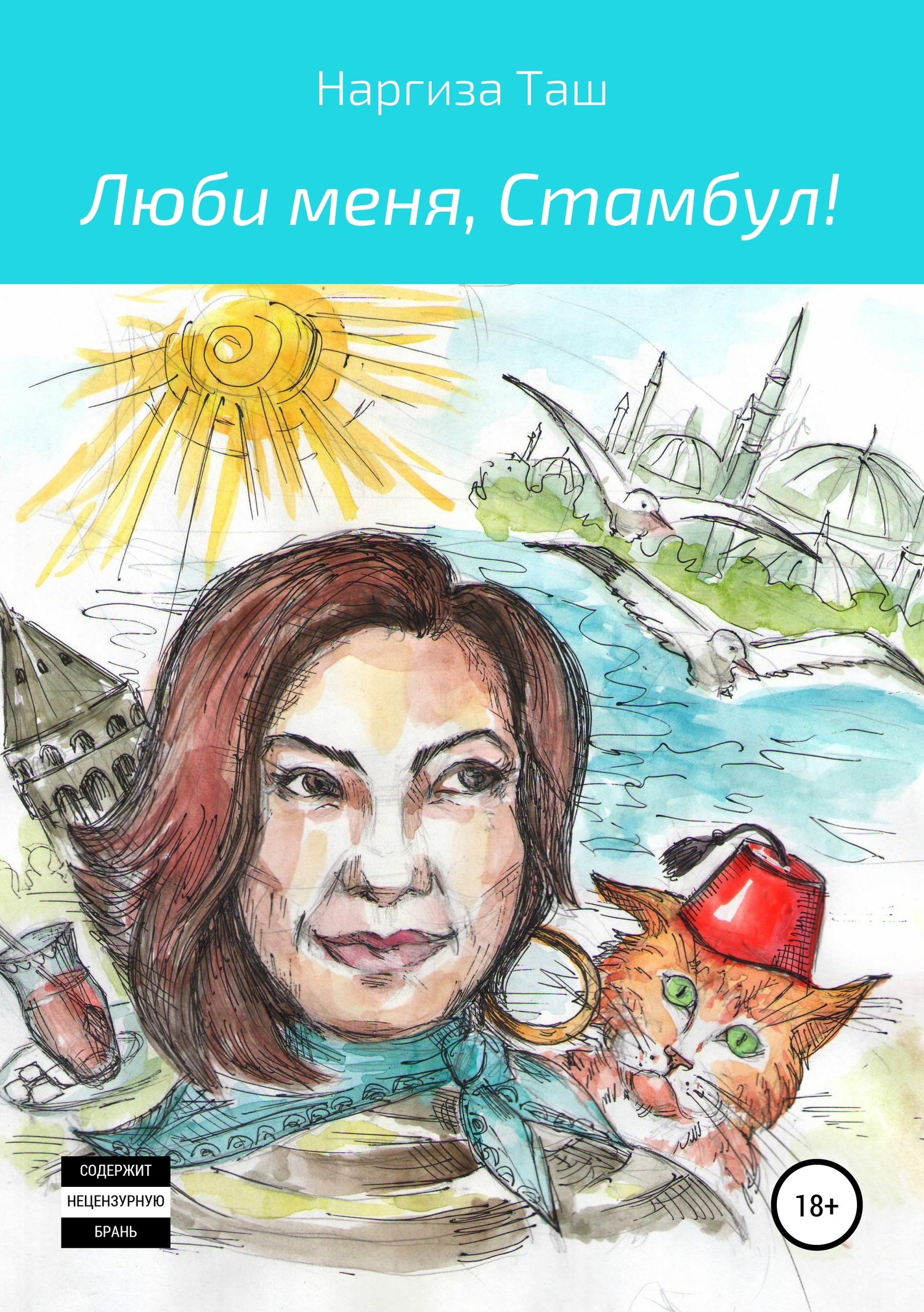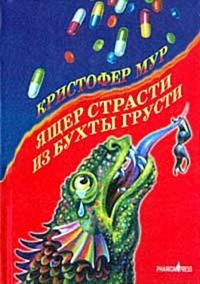World Economy: From Antiquity to the Present. Cambridge: Cambridge University Press.
Rozen, M. (1998) ‘Public Space and Private Space among the Jews of Istanbul in the Sixteenth and Seventeenth Centuries’, Turcica 30: 331–346.
Russell, G. (2014) Heirs to Forgotten Kingdoms: Journeys into the Disappearing Religions of the Middle East. New York: Simon & Schuster.
Russell, T. (2016) Byzantium and the Bosporus: A Historical Study, from the Seventh Century BC until the Foundation of Constantinople. Oxford Classical Monographs. Oxford: Oxford University Press.
Ryder, J. R. (2011) ‘Changing Perspectives on 1054’, Byzantine and Modern Greek Studies 35.1: 20–37.
Rykwert, J. (1988) The Idea of a Town: The Anthropology of Urban Form in Rome, Italy and the Ancient World. Cambridge, MA: MIT Press.
Şahin, M. and Mert, H. (eds) (2011) The Proceedings of the International Workshop: Localisation of the 1st Council Palace in Nicaea. Bursa: Uludağ Üniversitesi.
Said, E. (1978) Orientalism. London: Penguin.
Saïd, S. (2002) ‘Greeks and Barbarians in Euripides’ Tragedies: The End of Differences?’, trans. A. Nevill, in T. Harrison (ed.) Greeks and Barbarians. New York: Routledge, 62–100.
Salamon, M., Wołoszyn, M., Musin, A. and Špehar, P. (eds) (2012) Rome, Constantinople and Newly-Converted Europe: Archaeological and Historical Evidence, vol. 2. Crakow, Leipzig, Rzeszów and Warsaw: Instytut Archeologii i Etnologii Polskiej akademii nauk.
Saradi, H. (2000) ‘Perceptions and Literary Interpretations of Statues and the Image of Constantinople’, Byzantiaka 20: 3–41.
Saradi-Mendelovici, H. (1990) ‘Christian Attitudes toward Pagan Monuments in Late Antiquity and their Legacy in Later Byzantine Centuries’, Dumbarton Oaks Papers 44: 47–61.
Saxon, A. H. (ed.) (1983) Selected Letters of P. T. Barnum. New York: Columbia University Press.
Schama, S. (2014) The Story of the Jews: Finding the Words (1000 BCE–1492). London: Vintage.
Schefer, C. (1881) ‘Indications sur les lieux de Pèlerinage’ in Archives de l’Orient latin, 1. Paris.
Schibille, N. (2014) Hagia Sophia and the Byzantine Aesthetic Experience. Farnham: Ashgate.
Schiffer, R. (1999) Oriental Panorama: British Travellers in 19th Century Turkey. Amsterdam: Rodopi.
Schrunk, I. and Studer-Karlen, M. (2012), ‘Spalatum (Split, Spalato): Diocletian’s Palace’, in The Encyclopedia of Ancient History. http://onlinelibrary.wiley.com/doi/10.1002/9781444338386.wbeah16139/abstract.
Scott, A. (2014) Turkish Awakening: A Personal Discovery of Modern Turkey. London: Faber & Faber.
Scott, M. (2014) Delphi: A History of the Centre of the Ancient World. Oxford and Princeton: Princeton University Press.
Seal, J. (2012) Meander: East to West along a Turkish River. London: Chatto & Windus.
Serim, A. (2015) Konstantiniyye 1918. Istanbul: Denizler Kitabevi.
Sethe, K., Helck, W. and Steindorff, G. (1909) Urkunden des ägyptischen Altertums. Leipzig: Hinrichs. Setton, K. (1984) The Papacy and the Levant, 1204–1571. Philadelphia: American Philological Society.
Sevcenko, N. (2002) ‘Wild Animal in the Byzantine Park’, in A. Littlewood, H. Maguire and J. Wolschke-Bulmahn (eds) Byzantine Garden Culture. Washington, DC: Dumbarton Oaks Research Library and Collection, 69–86.
Severin, T. (1985) The Jason Voyage: The Quest for the Golden Fleece. London: Hutchinson.
Shahid, I. (2010) Byzantium and the Arabs. Washington, DC: Dumbarton Oaks Research Library and Collection.
Shaw, S. (1991) The Jews of the Ottoman Empire and the Turkish Republic. New York: New York University Press.
Shepard, J. (1973) ‘The English and Byzantium: A Study of their Role in the Byzantine Army in the Later Eleventh Century’, Traditio 29: 53–92.
Shepard, J. (2008) ‘The Viking Rus and Byzantium’, in S. Brink (ed.) The Viking World. London and New York: Routledge, 496–516.
Shipley, G. (2006) ‘Landscapes of the Ancient Peloponnese: A Human- Geographical Approach’, Leidschrift 21.1: 27–43.
Shores, T. (2013) Varangian: Norse Influences within the Elite Guard of Byzantium. http://www.academia.edu/3628861/Varangian_Norse_Influences_Within_the_Elite_Guard_of_Byzantium
Silvas, A. M. (2006) ‘Kassia the Nun c. 810–c. 865: An Appreciation’, in L. Garland (ed.) Byzantine Women: Varieties of Experience AD 800–1200. Aldershot: Ashgate, 17–39.
Silving, H. (1959) ‘The Oath: I’, Yale Law Journal 68.7: 1329–90.
Sizgorich, T. (2009) Violence and Belief in Late Antiquity: Militant Devotion in Christianity and Islam. Philadelphia: University of Pennsylvania Press.
Skhirtladze, Z. (2015) ‘The Image of the Virgin on the Sinai Hexaptych and the Apse Mosaic of Hagia Sophia’, Dumbarton Oaks Papers 68: 369–386.
Skilliter, S. (1965) ‘Three Letters from the Ottoman “Sultana” Safiye to Queen Elizabeth I’, in S. M. Stern (ed.) Documents from Islamic Chanceries. Cambridge, MA: Harvard University Press, 129–157.
Skylitzes, J. (2010) ‘A Synopsis of Byzantine History, 811–1057’ Cambridge: Cambridge University Press.
Snaedal, T. (2016) ‘Runes from Byzantium: reconsidering the Piraeus lion’, in F. Androshchuk, J. Shepard, M. White (eds) Byzantium and the Viking World. Stockholm: Uppsala University, 198–214.
Soldani, M. E. and Duran i Duelt, D. (2012) ‘Religion, Warfare and Business in Fifteenth-Century Rhodes’, in Religion and Religious Institutions in the European Economy 1000–1800. Florence: Firenze University Press, 257–270.
A Solemn Commemoration of the Contribution of the Sikh Regiment at the Battle of Gallipoli & throughout the Great War, held at St Martin-in-the-Fields, London, 8 June 2015. https://sikhchic.com/current_events/order_of_service_gallipoli_the_sikhs_national_memorial_service_part_iii.
Sorgenfre, J. (2013) Port Business. Self-published.
Soulis, G. C. (1961) ‘The Gypsies in the Byzantine Empire and the Balkans in the Late Middle Ages’, Dumbarton Oaks Papers 15: 141, 143–165.
Southern, P. (2008) Empress Zenobia: Palmyra’s Rebel Queen. London: Bloomsbury.
Spatharakis, I. (1976) The Portrait in Byzantine Illuminated Manuscripts. Byzantina Neerlandica 6. Leiden: Brill.
Srivastava, Nagendra M. P. (1973). Growth of Nationalism in India: Effects of International Events. Meerut: Meenakshi Prakashan.
Stacton, D. (1965) The





